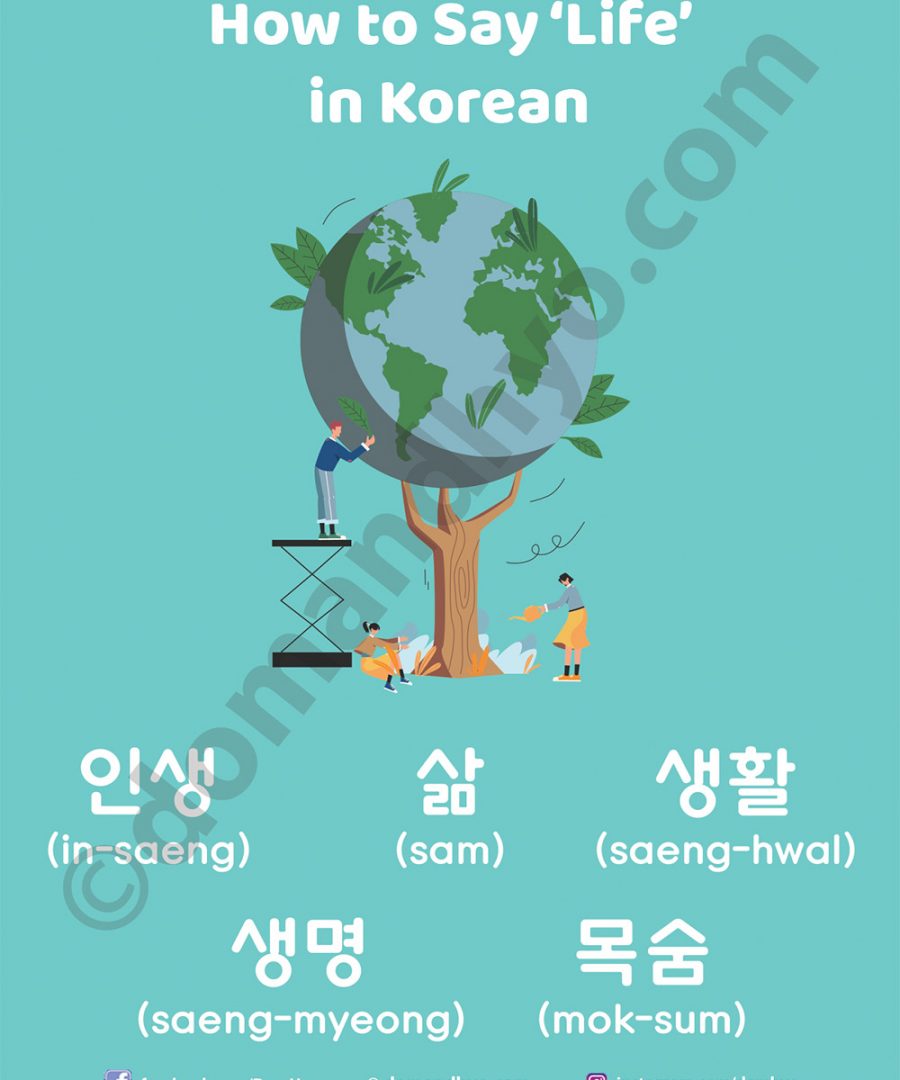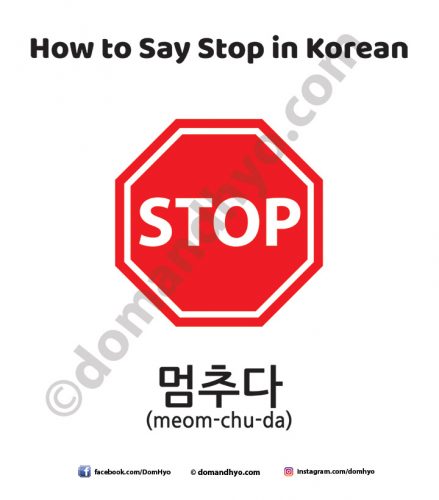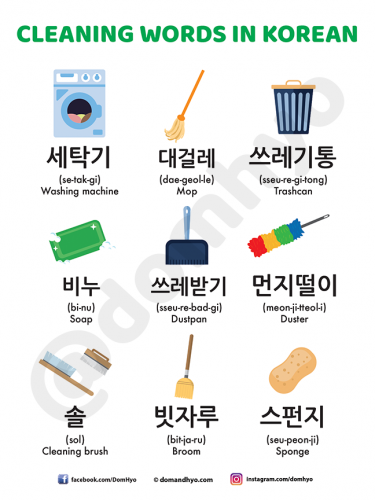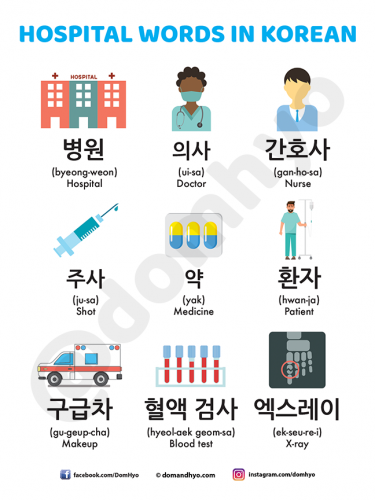How to Say ‘Life’ in Korean
What is the meaning of life? Depending on your beliefs, this could vary. But let’s not get into deep topics like that here 🙂 Today, we’re covering five words that convey ‘life’ in Korean. Each one has a slightly different nuance and is used differently from one another. If you mistakenly use one meaning when … Read more









